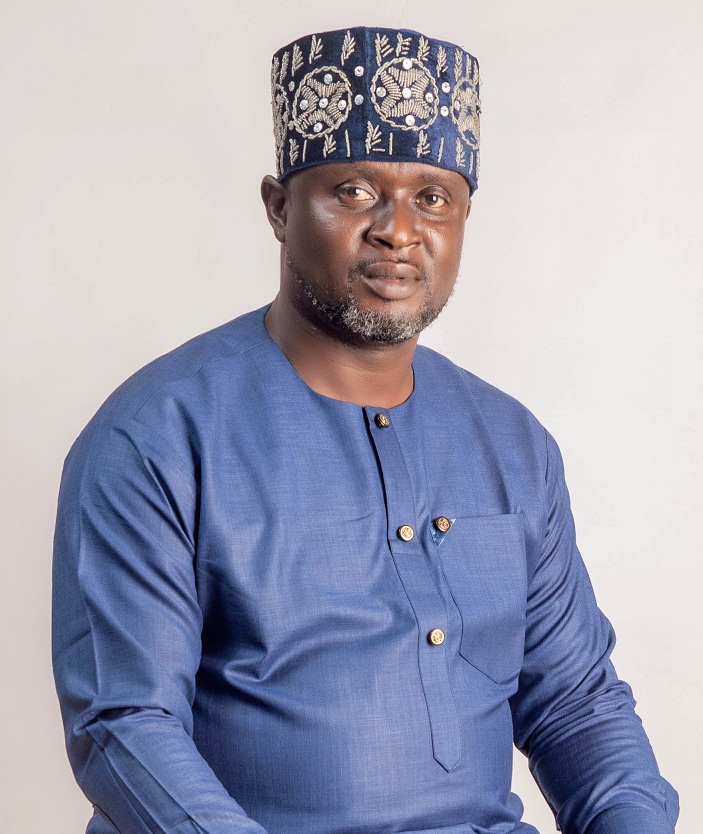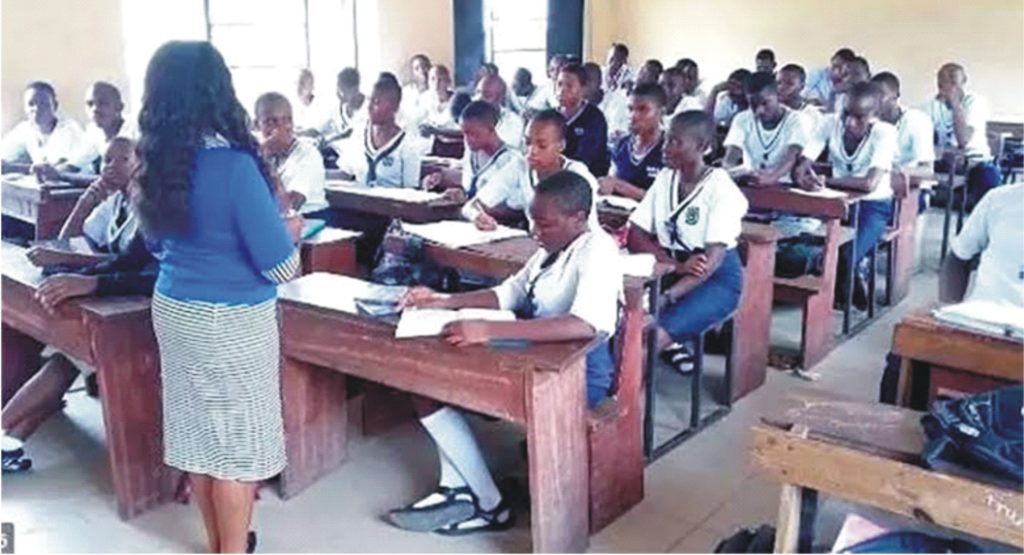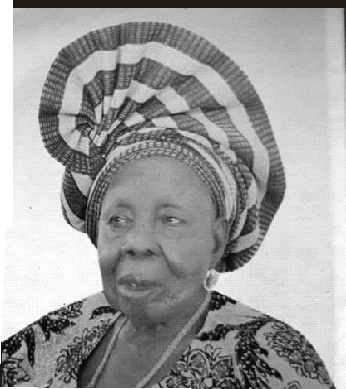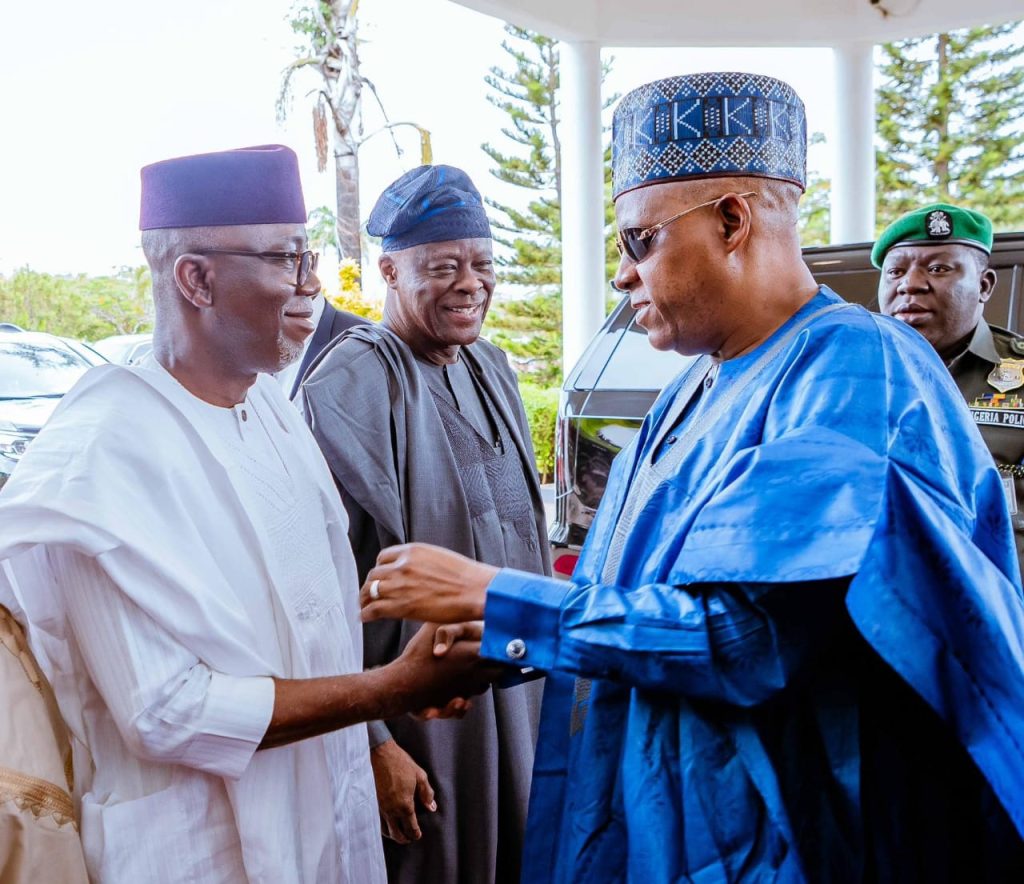2022 in retrospect
By Afolabi Aribigbola
|
T he year 2022 has come and gone into the dustbin of history of humanity like several years. No doubt the year had had its fair share of goodies, ills and hiccups. However, the evils of the year appeared to predominate and had made some individuals including this writer to see the outgone year as a difficult one that had in its trail some of the most destructive activities and occurrences in recent years. The year recorded several devastations and widespread decimation of the citizens of the country. It was a year in which many things seemed not to have worked, a situation where the country seems to be moving backwards instead of forward in some vital sectors of the country’s national space.
With the advent of 2023, a brand-new year, it is incumbent the people of the country like in most societies as they begin a cycle of new year, to look back and take stock of events in the past year. This is necessary to be able to chart a better path for the country in the new year and create the society of our dreams. Suffice it to say that we need to take stock of the previous year to be able to determine how the society has fared in the past. Otherwise, the country will continue to drift and may regress as we witnessed in 2022. This is because society that failed to reflect and reckon with its past performance will find it difficult to move forward. Consequently, a good way to begin 2023 is to revisit happenings and events of outgone 2022. Therefore, what we set out to do this first very week of 2023 is to highlight and examine the major events and activities of 2022 to be able to come up with realistic positions and recommendations that can propel the growth of the country in 2023 and beyond.
The education sector that is the primary constituency of this writer suffered significantly in 2022. The sector witnessed unimaginable crisis especially at tertiary level. It was a year that all the workers in the public universities embarked on strike that culminated in the closure of the universities for a record period of eight months with impunity and without solutions to the issues that warranted the imbroglio in the first instance. This is clearly a sad commentary and development in the national life of the country. Everybody just went on as if education, the bedrock of development and advancement of society does not count again in Nigeria. No wonder thousands of Nigerians migrated abroad to some neighboring countries where certificates are bought and sold like household commodities. Sad still and very unfortunate, the leaders of the country did not see anything unacceptable and embarrassing on the retrogressive development. Instead, more universities are being created while Colleges of Education and Polytechnics are being unpgraded to universities as if the country does not need middle level manpower for which these institutions were created.
Indeed, it is in the economic sphere that the worst scenarios took place in the country in the expired year 2022. The country recorded hyperinflation as the prices of basic essential goods and services skyrocketed beyond the reach of the people and yet the government did very little to assuage or ameliorate the debilitating economic crisis. All this culminated in describing the type of poverty in Nigeria as multidimensional with over 133 million Nigerians classified as critically living below poverty level. The magnitude of poverty in the country has earlier qualified her to be referred to as the poverty capital of the world to describe the humongous frightening poverty level confronting the country and her helpless citizens. Yet the leadership of the country and the few privileged upper class are swimming in excess resources and affluence that are often products of corruption and exploitation of the masses.
The year 2022 was the year the Naira, the national currency of the country plummeted to its lowest level exchanging above N800 to the dollar. Regrettably, the same dollar exchange for about 75 kobo in early 1980s. Again, like in the case of education, decisive, sincere pragmatic efforts have not been dissipated to address the hydra headed economic doldrum confronting Nigeria. Unfortunately, the country is run as if these economic issues do not matter to the welfare of the people.
Besides, politics that seems to dominate all other activities in the country in 2022, did not fare better by depicting any sign of impressive record of political development even after over 60 years of self-governance. Instead for political gladiators to come up with well-reasoned and well researched agenda and manifestoes to take the country out of the woods, they have preoccupied themselves with less important issues of ethnicity, religion, sectionalism among others. Issues that can promote and enhance the growth and prosperity of the country rarely feature in their debate but things that are relevant in perpetuating their hold on to power without a concern for the overall welfare of the country predominate their activities.
Of course, that was the reason large volumes and sums of dollars were spent during the primaries of the major political parties by candidates to purchase their mandate. The outgone was a year that the dollar became the legal tender during primaries of the major parties. To add insult into injury, political violence again resurfaced with greater intensity and destructive dimension, a sign of unacceptable retrogression in contemporary times as many precious lives were decimated in the name of politics.
One other critical sector which one should not fail to mention and in which the country performed dismally poor in the past year is security. Insecurity is pervasive and widespread in all parts of the country. Insecurity reached its highest crescendo in 2022 with terrorist attack on Kuje Correctional Centre and successfully freed over 800 inmates including 64 members of the dreaded Boko Haram insurgents that the Nigerian military dissipated a lot of resources including human resources to arrest. During the year, over fifty Nigerians spent over 100 days in captivity with terrorists, while, the Presidential convoy was attacked earlier on their way to Daura, the hometown of President Muhammed Buhari. Also, the country recorded several kidnappings and killings as well as several prisons attacks where dangerous and dare devil criminals were released to increase insecurity in the country.
In a nutshell, insecurity in its different forms such as armed robbery, cross- border banditry, kidnapping, communal clashes among others pervaded the entire landscape of Nigeria to the extent that many people were afraid to come out of their houses or travel outside their cities of domicile as dominant feature in the country in 2022. .In addition to the above crises, the country also suffered from the consequences of environmental phenomenon such as climate change resulting in flooding that destroyed vast farmland, lives and other valuable properties.
The above scenarios and presentation indicated the magnitude of problems that Nigerians had to contend with in 2022. To forestall and eliminate these destructive tendencies and activities, the people and government at all levels in the country must rise to the occasion and articulate as well as implement humane policies and programmes to address these issues, to further prevent crisis in the country and secure the welfare and prosperity of the people and country.









